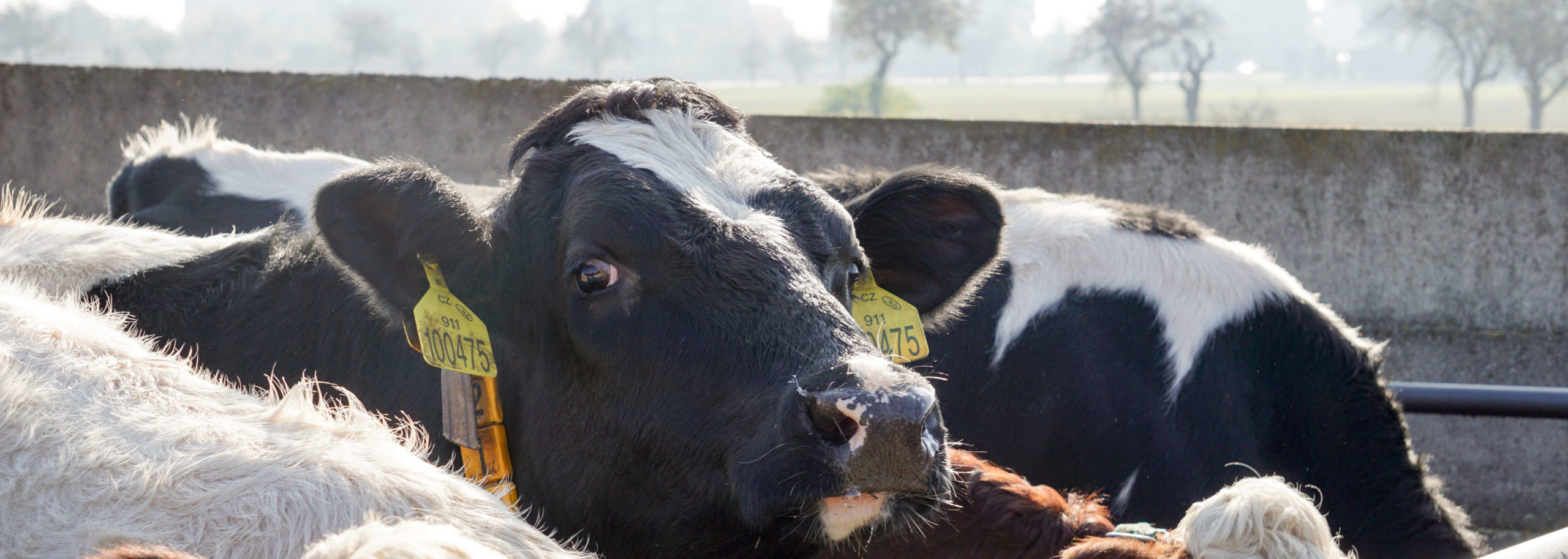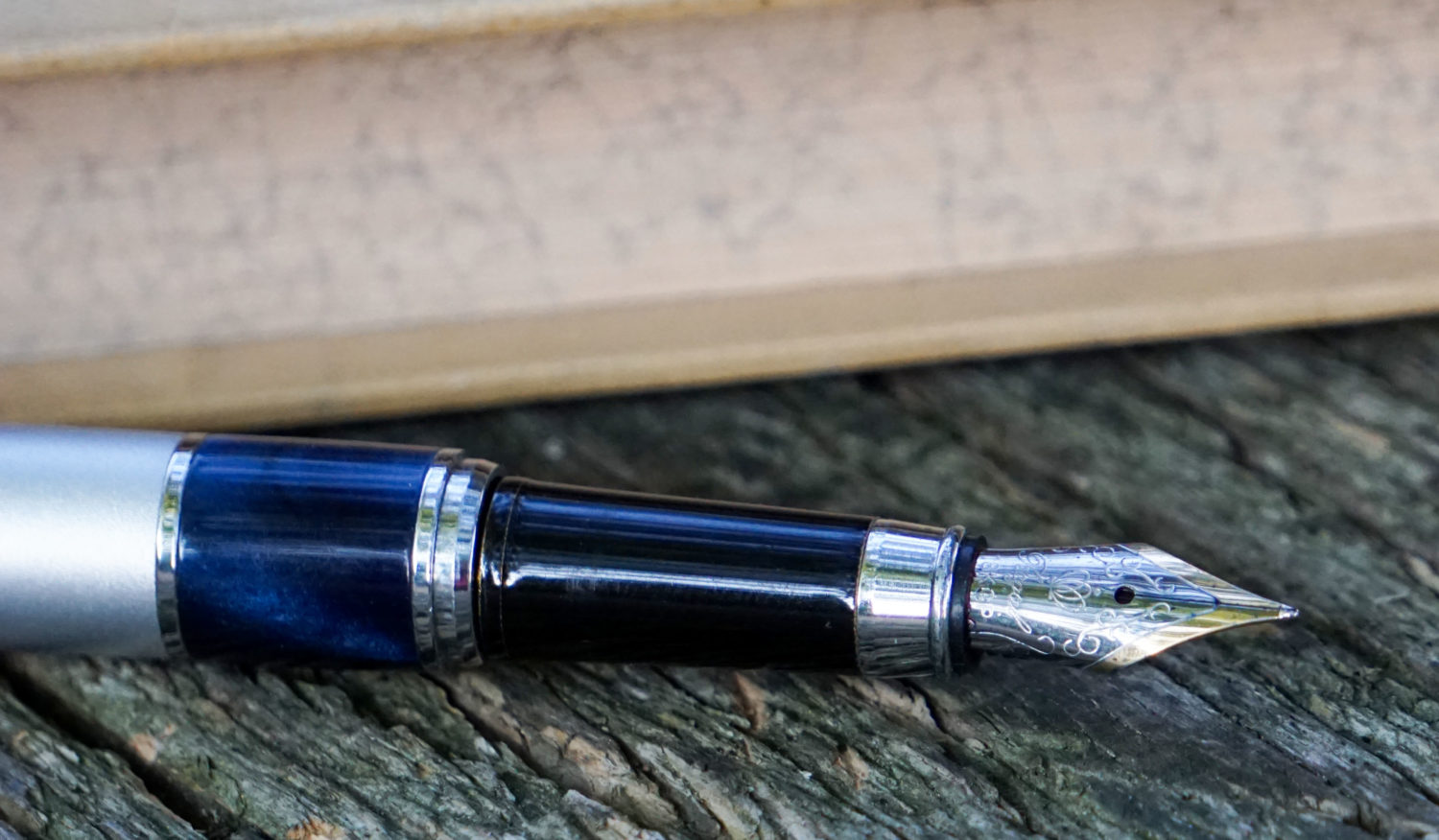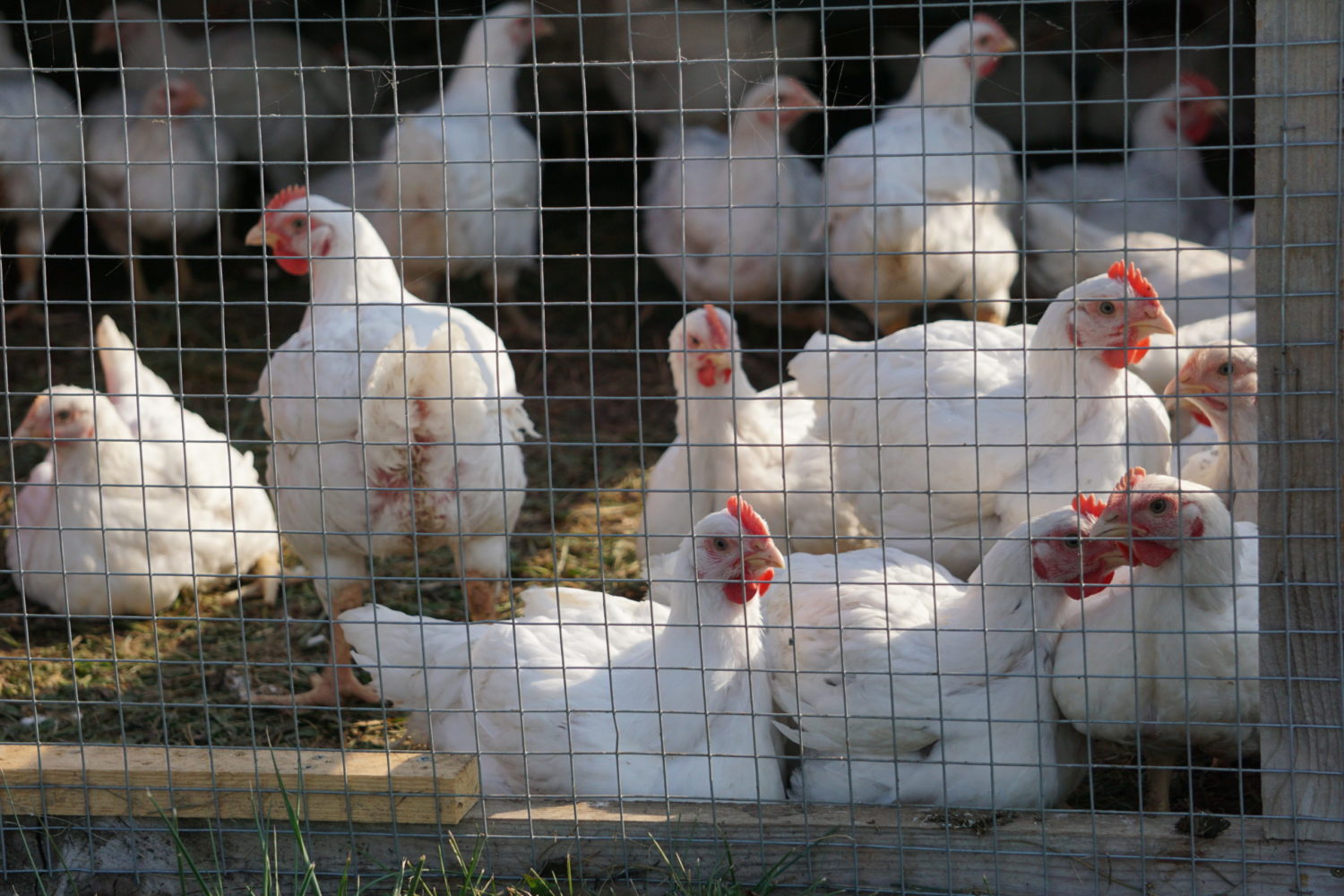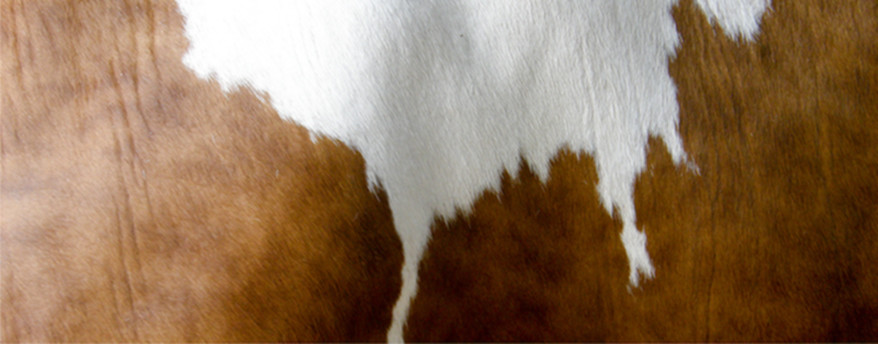

S tradičními hodnotami pracujeme na základě nejnovějších vědeckých poznatků za pomoci inovací a moderních přístupů.
Welcome to Website of Institute of Animal Science!
Institute of Animal Science (IAS) Prague – Uhříněves is a public research institution founded by the Ministry of Agriculture of the Czech Republic.
Since its foundation in 1951, the Institute has been a centre of research into biological and bio-technological basis of animal science.
IAS carries out basic and applied research focusing on innovation and the practical use of knowledge in animal science. Eight research departments perform research in the fields of animal genetics and breeding, bio-technology and reproduction, nutrition, quality of products, animal ethology and welfare, breeding technology, herd management and production economy.
In addition to basic and applied research, IAS carries out other expert activities. One of the most significant is the implementation of the National Programme for Conservation and Utilization of Farm Animal Genetic Resources. In 2016, the IAS was appointed as the National Centre for Genetic Resources to coordinate and implement the National Programme, along with many stakeholders. The Institute has also provided for the activity of the Scientific Committee for Animal Nutrition and was entrusted by the Ministry of Agriculture to represent the Czech Republic in the European Federation of Animal Science (EAAP). IAS provides professional training on classification of swine and cattle carcasses according to SEUROP, under a contract with the Ministry of Agriculture.
Minister of Agriculture Marek Výborný at IAS
On Thursday, 30 November 2023, the Minister of Agriculture Marek Výborný. M.S. visited the Institute of Animal Science in Prague-Uhrineves. The meeting with the Director of the Institute was attended by the Deputy Directors of the Institute for research, purpose activities and economy.

The aim of the study was to investigate the effect of calcareous marine algae (Lithotamium calcareum)-based rumen content buffer (CMA) included in concentrated feed within total mixed ration (TMR), fed to 34 peak lactation (87-144 days in milk) Holstein dairy cows, randomized into two groups (group A, n = 17; group B, n = 17), wearing collars with accelerometers, and housed a in barn with automatic feed-weigh troughs. During the first phase P1,…

Scientific Committee for Animal Nutrition
The Scientific Committee for Animal Nutrition was established in 2002 as an advisory body of the food safety coordination group. Its main task is to prepare scientific studies, offer expert views, and prepare proposals for measures ensuring safety throughout the entire chain of food and feed production.

CURRENT PROJECTS
The long-term conceptual development of the research organization DKRVO consists mainly in the development of the main activity (research and innovation), further in the development of other activities (national programs) and other activities (with an emphasis on contract research for the state and private sectors), in accordance with the Act on Public Research institutions No. 341/2005 Coll. Eight sub-projects are being addressed within the...
The project has three main objectives. The first is the development of nutrition strategies that will lead to a reduction of greenhouse gas and ammonia emissions in ruminants, i.e., animals that contribute to emissions most significantly. Part of the first objective is an insight into the mechanism of action of strategies through observing the effect on the composition of the rumen microbiome using molecular genetic methods. The second...
The aim of the project is to map the housing systems of farrowing and lactating sows in the Czech Republic, assess individual technologies from the point of view of productivity and welfare of sows and piglets, ensure the intake of sufficient feed for piglets from numerous litters, evaluate the economic parameters of individual technologies, determine the effects on NH3 and CO2 emissions and propose a solution for managing the slurry...
PRACTICAL ACTIVITIES
SERVICES AND APPLICATIONS FOR PRACTICAL USE
EXPERT REPORTS
Preparation of analyses, studies and research on individual demand
CONTRACT RESEARCH
Contract research following the partners’ assignment
SEUROP
Training courses for cattle and pig carcass classifiers.
ECONOMIC ANALYSES
ECOWEIGHT, FarmProfit, Forecasting the Structure of Dairy Cattle Herd, Forecasting the structure of dairy cattle herd
CONSULTANCY
Active consultancy for the breeders of dairy cattle, beef cattle, goats and sheep, pigs, poultry, rabbits, horses and cervids.
EXPERT SEMINARS
Invited lectures for breeders, students and agricultural business staff on specific topics

